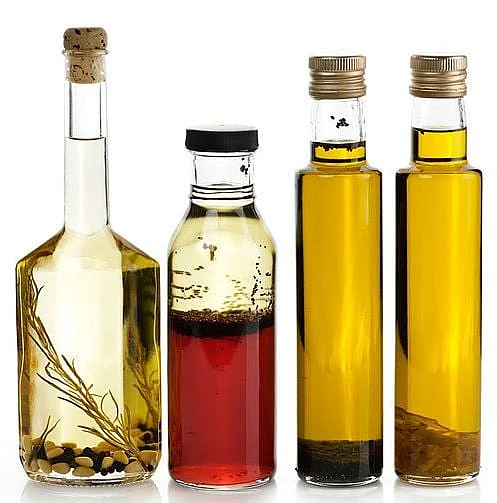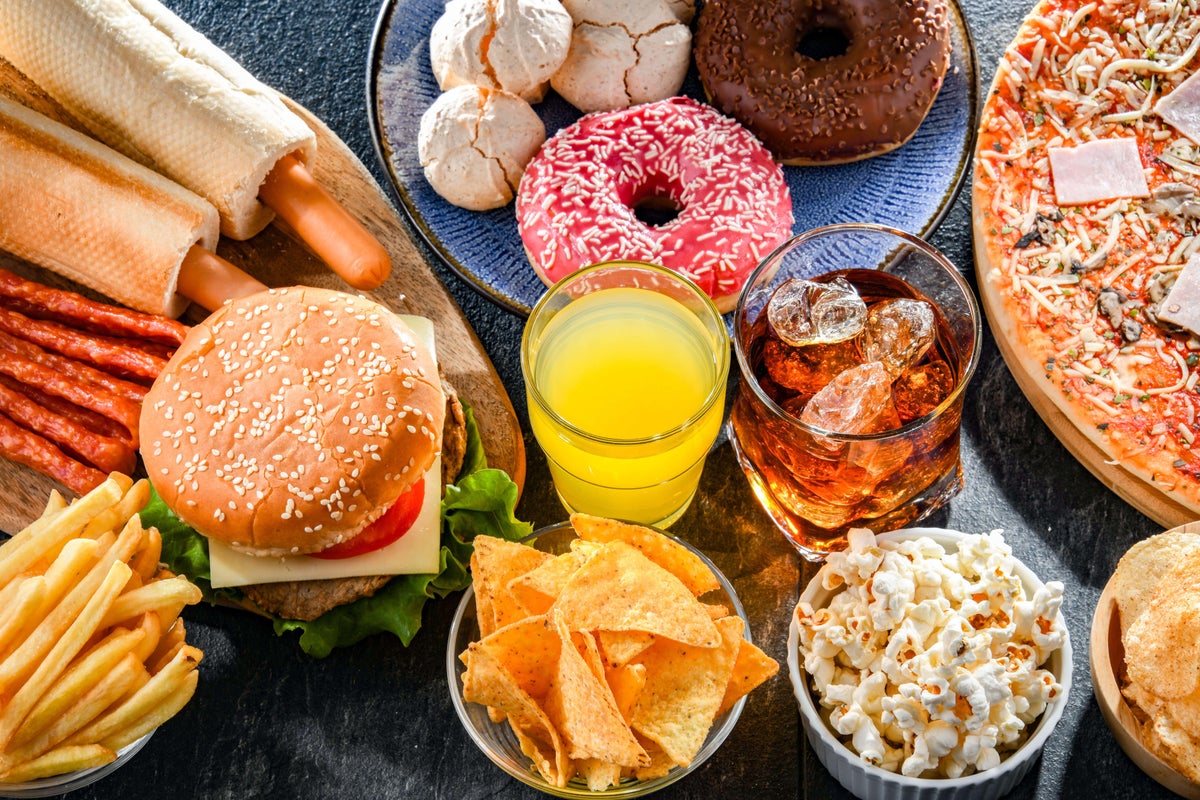Nearly 55 per cent of UAE residents lack awareness about the smoke points of commonly used cooking oils, raising concerns among health experts about the risks of using unsuitable oils for high-heat cooking. While a recent YouGov poll revealed dismal data, the survey also had a promising finding -- over half i.e.
53 per cent of the residents mentioned that they would consider switching to oils with higher smoke points if informed about the associated health benefits. The smoke point of a cooking oil is the temperature at which the oil starts to visibly smoke and break down. Stay up to date with the latest news.

Follow KT on WhatsApp Channels. Experts warn that overheating oils such as extra virgin olive oil, flaxseed oil, or even butter can lead to the release of harmful compounds, including acrolein, a chemical linked to respiratory irritation. Dr Dana Al-Hamwi, a clinical dietician at Dubai London Hospital, said,“Raising awareness about oil smoke points is crucial.
When oil reaches its smoke point, it breaks down and releases harmful compounds and toxic fumes. Using the wrong oil for frying can produce free radicals that may contribute to inflammation and chronic diseases, affect the taste and quality of food, and might lead to digestive issues and discomfort.” Other specialists, too, reiterated when these oils are overheated, they degrade and produce harmful compounds and free radicals.
Swapna Mary John, Clinical Dietetics, International Modern Hospital Dubai, said,“Acrolein is a respiratory irritant that can cause coughing, wheezing, and throat irritation, especially in poorly ventilated kitchens. Over time, repeated exposure to oxidized fats and toxic byproducts has been linked to inflammation, cell damage, and an increased risk of chronic diseases such as cardiovascular issues and even certain cancers.” Doctors advise consumers should begin by checking the label - refined oils typically mention“refined” or“suitable for high heat.
” For high-temperature cooking methods like deep frying or stir-frying, stable oils such as avocado oil (smoke point ~520°F), refined olive oil (~465°F), ghee (~450°F), and peanut oil (~450°F) are recommended. Dr Jyothsnadevi, Specialist Internal Medicine, LLH HOSPITAL, Musaffah, said,“These are less likely to break down and release harmful byproducts. For low-heat cooking or finishing dishes, cold-pressed or unrefined oils like flaxseed or unrefined olive oil are suitable but these should not be exposed to high heat.
It's also important to store oils properly, in a cool, dark place, and avoid using oils that have a burnt smell or produce visible smoke.” As dietary habits continue to evolve with fast-paced lifestyles, health experts are raising concerns about the long-term effects of popular food choices. Shedding light on the increased fried food consumption habits, Dr Mishika Khithani, Functional Medicine and Integrative Physician at Maison Santé, said,“While occasional consumption of fried foods is acceptable, the type of oil used is crucial.
Using seed oils to fry foods can significantly impact one's health and drive-up inflammatory markers leading to metabolic dysfunction, obesity, and cardiovascular problems. These oils are a significant source of oxidative stress to the body because they may skew the ideal omega-6:omega-3 ratio if consumed in excess. An important health tip is to never reuse any oil for frying once it has crossed its smoke point.
” Medical practitioners pointed out that public health authorities have a crucial role in raising awareness about the dangers of using inappropriate oils for cooking. “Campaigns should simplify scientific concepts, clearly explain smoke points, and promote easy-to-understand visuals or labels on oil packaging. Educational initiatives can be integrated into schools, community centers, and culinary training programs.
” They stressed it's also important to empower restaurant staff and home cooks alike with knowledge about safe practices.“Making these efforts culturally relevant and inclusive will help drive long-term behavioural changes. Additionally, promoting proper storage, ventilation while cooking, and use of kitchen thermometers can further enhance safety and reduce exposure to toxic fumes,” added Jyothsnadevi.
MENAFN20042025000049011007ID1109450790 Legal Disclaimer: MENAFN provides the information “as is” without warranty of any kind. We do not accept any responsibility or liability for the accuracy, content, images, videos, licenses, completeness, legality, or reliability of the information contained in this article. If you have any complaints or copyright issues related to this article, kindly contact the provider above.
.
Health

UAE: Over 50% Residents Unaware Of Cooking Oil Smoke Points, Finds Survey

(MENAFN - Khaleej Times) Nearly 55 per cent of UAE residents lack awareness about the smoke points of commonly used cooking oils, raising concerns among health experts about the risks of using ...















